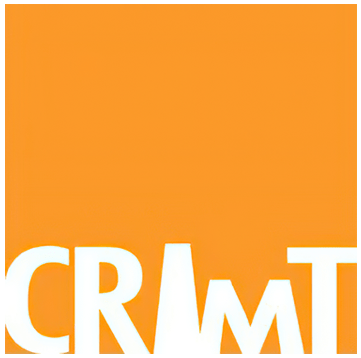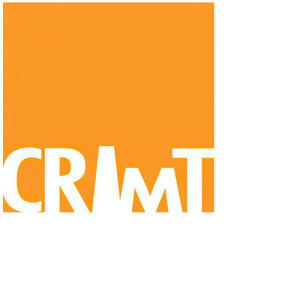SASE Network K – Institutional Experimentation in the Regulation of Work and Employment
Network K continues its work at this year’s annual SASE meeting (Limerick, Ireland, 27-29 June 2024).
The call for proposals is now open (the hard deadline for submissions is 19 January 2024).
We are especially interested in clustering cases of experimentation – to document, compare, contrast and build our understanding of the processes of experimentation under way and the strategies deployed by actors engaged in these experimentations. We are also interested in theoretical papers dealing with experimentation and re-regulation of work and employment, in papers dealing with new actor repertoires, with cases of regulation and re-regulation, and with papers and sessions that are likely to dialogue with these themes. We are especially keen to welcome papers and sessions that bring a lens of gender, race and intersectionality into our understanding of experimentation and re-regulation.
Please find full details on how to submit on the SASE Website. By way of reminder, you also need to be a member of SASE to participate in the conference.
To date, Network K has had tremendous meetings in Lyon, Berkeley, Kyoto, New York, Amsterdam and Rio de Janeiro and, because of the pandemic, online in 2020 and 2021. The conference will be held in person this year.
The SASE Network K Coordinators on Institutional Experimentation in the Regulation of Work and Employment: Phil Almond, Peter Fairbrother, Isabelle Ferreras, Maria Gonzalez, Francine Jacques, Christian Lévesque, Gregor Murray, Nicolas Roby.
SASE Network K. The focus of this network is to improve work conditions through experimentation with institutions that regulate work. There are significant changes occurring that impact how people experience work, participate in their communities, and live their lives. These changes include digital transformations, changes in the role of the state, the unbundling of firms, the growth of global production networks, transitions to sustainable development, and shifts in identity, solidarity, and values. Unfortunately, institutions for regulating work are not keeping up with people’s experiences. While there is a desire for productive, innovative, healthy, and inclusive work, where individuals have control over their working lives and contribute to their workplace and society, current changes are leading to fragmented work and disjointed communities. However, these changes also provide opportunities for experimentation. Collective actors such as firms, governments, trade unions, NGOs, and community organizations are seeking to engage in institutional experimentation to shape their work, economies, and communities. This network welcomes research that contributes to our understanding of these processes.



